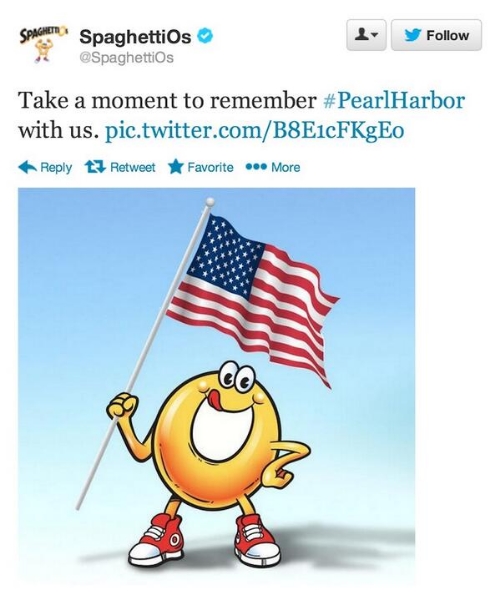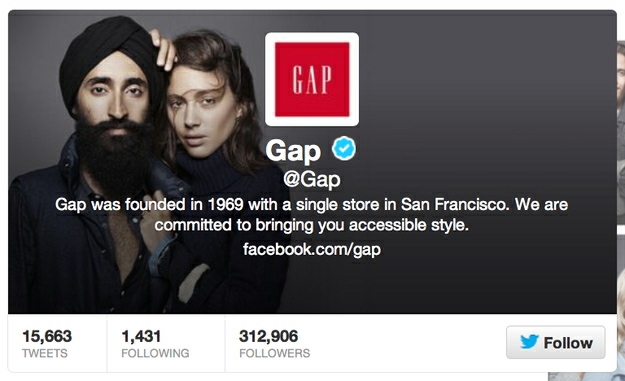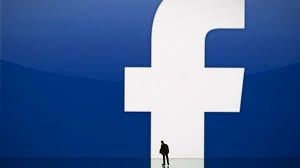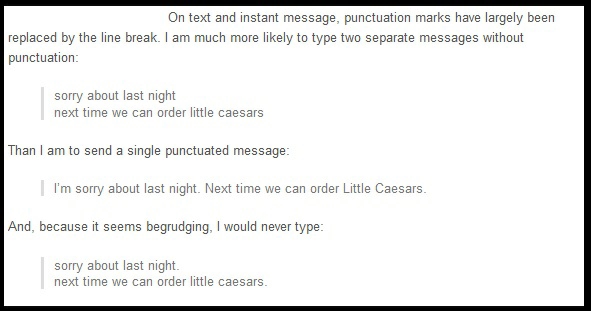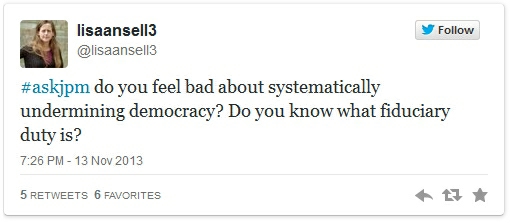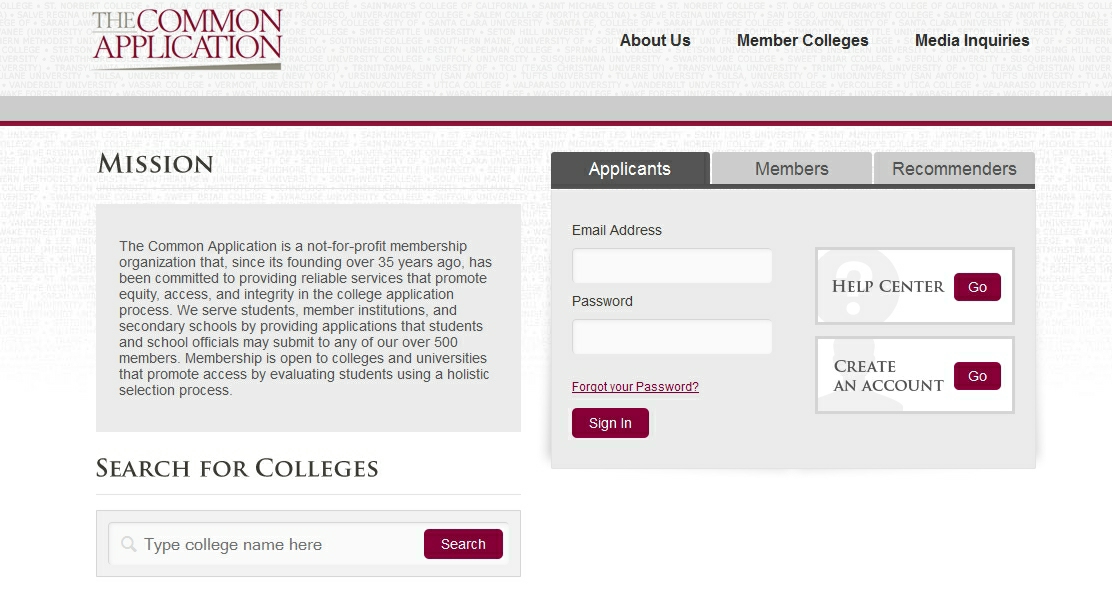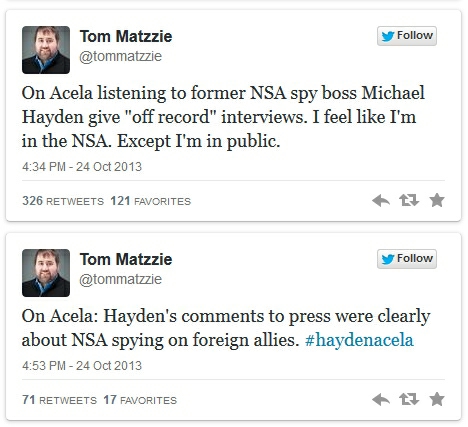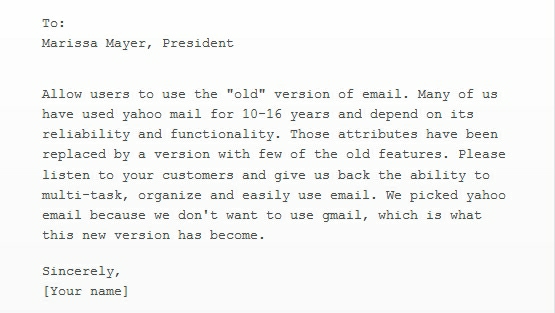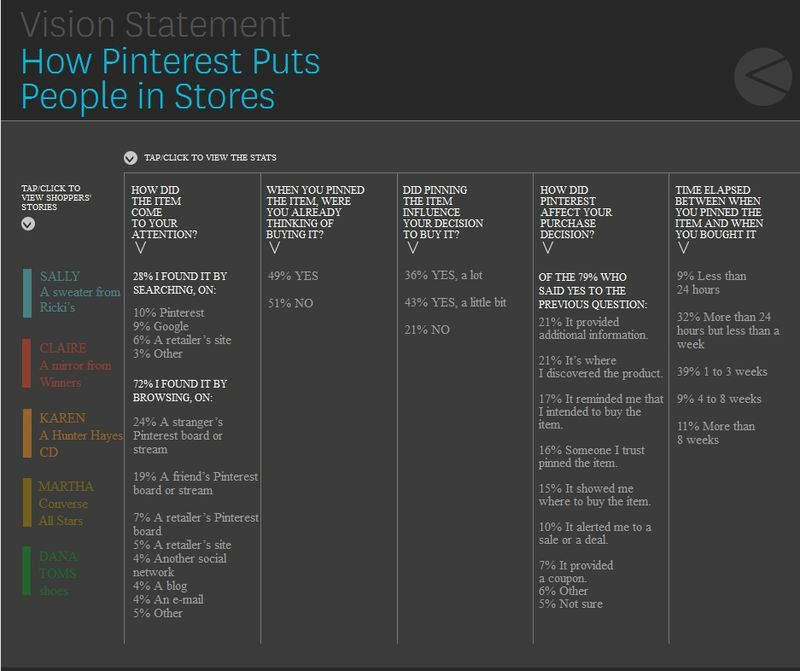Fed up with her job at Next Media Animation, Marina Shifrin resigned byvideo rather than the traditional letter. As of this writing, the video
received 13 million views.
One of the company executives, Mark Simon, responded by email to Gawker:
I am Mark Simon, I am the one who hired Marina Shifrin, who danced
her way to fame in her resignation video which she sent to Gawker.
Currently, I am one of the senior executives of the group and she
reports up to the folks who work for me. Marina actually thinks enough
of me to have given me a call the Thursday before she released this to
say that she was resigning, which I appreciated. I asked her to tell her
bosses, as I took our call to be in confidence. The first her boss saw
was the video.
Look, I actually like Marina a great deal. Marina herself has said we
are a great company to work for, and I do not think she intended to
hurt anyone, but it has happened.
There are a few things I would like just make a point of and if there
is an interest I will be happy to be asked any question. (We do not
have a PR department and we are wide open to any and all questions).
There is an image now of a sweat shop, we are not. Marina made
USD$42k per year. She had a 40 hr work week, 5 days a week. There is no
expectation of OT on our behalf, you finish your shift and leave. In our
office most folks leave when their shift is up as you work on news
flow.
Also we ask journalists to work one month per year on the midnight
shift as we just need to cover the shift. We pay a differential of 30%
for these hours, which I know are hard hours to work.
Look, we do news animations. We are not investigative reporters. Two
international outlets have asked us for comment, and her video is up on
nearly 300 sites. We think we have something to say about this and we
are hoping Gawker will have us.
I am not looking to slam her, nor am I engaged in anything but trying
to help some other managers in their early 30's, understand why the
young lady they hung out with just cashiered them. I don't think she
meant for it to be seen as so harsh, but we are getting some nasty
attacks on our managers, who she says she respects.
I just want any chance to answer any questions, answer anything on Skype or on phone.
I am not spitting nastiness at Marina, but in her 9 months with us we
sent her to Hong Kong twice, to Thailand for a media conference, and
she just came back a month ago from two weeks in LA and NYC where she
was pitching animation stories. She logged 170 hours the last 3 months
in creative time working up ideas to pitch. She is a hard worker, but I
cannot foresee results or always give her the best story of the day.
We let her talk to all the press she wanted, we encouraged her
stand-up, and frankly my folks in Taiwan are a bunch of granola's...
They are nice folks. We have 600 employees and I have not one
outstanding case in labor tribunal. That is no small feat in Taiwan.
I though Gawker played this fair and so if anyone wants anything we are open.
Thanks
Mark
Employees also posted a video in response:
Discussion Starters:
- What are the potential risks and rewards for Shifrin? Consider her position and industry?
- How do you assess Simon's response?
- Correct Simon's many typographical and punctuation errors.
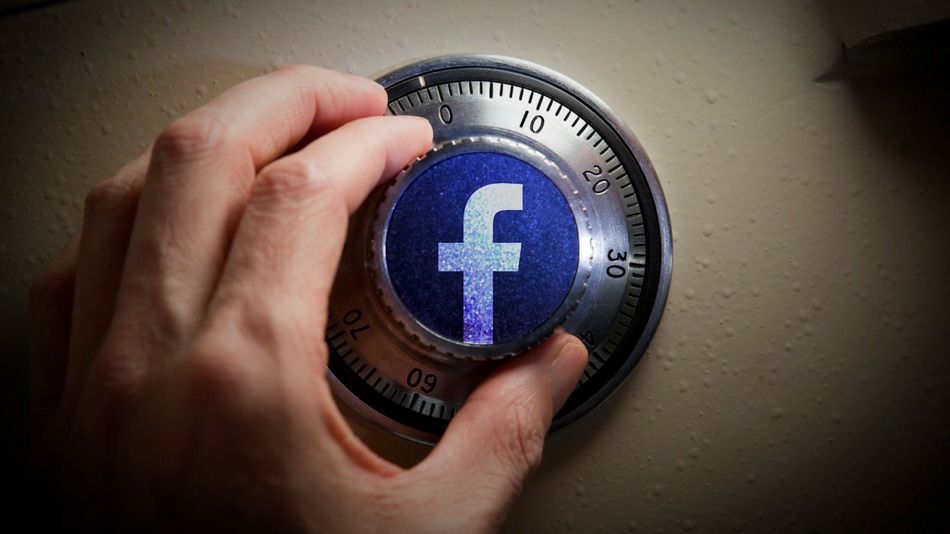 Lots of conversations about companies' products and services happen on Facebook, but companies aren't always privy to them. Now, Facebook is looking for a way to give companies access and the ability to respond.
Lots of conversations about companies' products and services happen on Facebook, but companies aren't always privy to them. Now, Facebook is looking for a way to give companies access and the ability to respond.